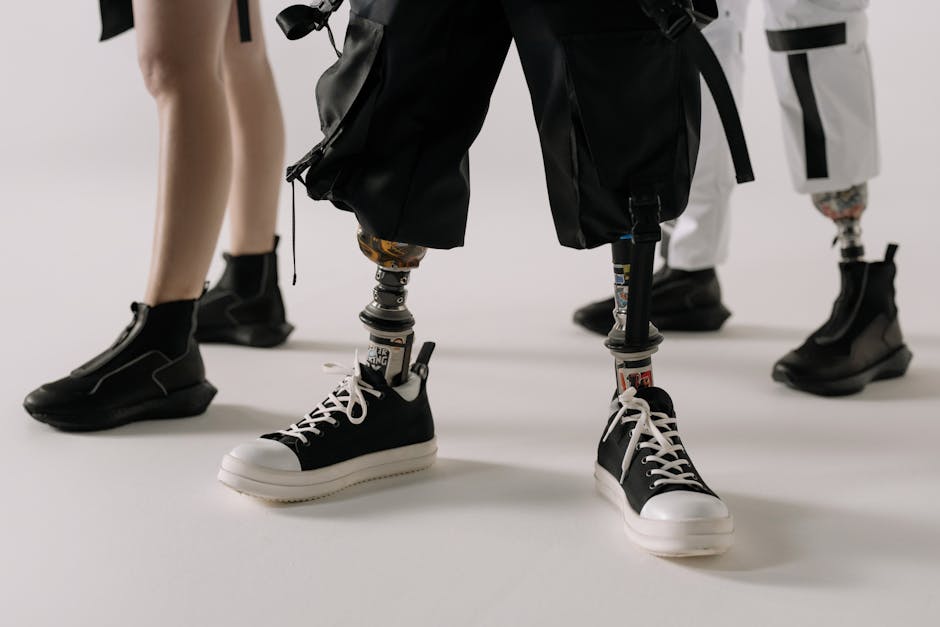Footwear plays a crucial role in our daily lives, providing support, comfort, and protection to our feet. However, with the vast array of footwear options available, choosing the right pair can be a daunting task. This guide will provide you with the essential tips and information you need to make an informed decision about the footwear that best suits your needs and lifestyle.
**1. Consider Your Purpose:**
Before you start shopping for footwear, it's important to determine what you'll be using them for. Are you looking for dress shoes for formal occasions, sneakers for athletic activities, or comfortable sandals for everyday wear? Knowing the intended use will narrow down your options and help you focus on footwear designed for specific purposes.
**2. Pay Attention to Fit:**
Proper fit is paramount for both comfort and health. Footwear that is too tight can cause blisters, bunions, and other painful conditions, while shoes that are too loose can lead to instability and discomfort. Take the time to try on different sizes and widths to find a pair that fits snugly without constricting your feet.
**3. Choose the Right Material:**
Footwear materials vary in terms of durability, breathability, and moisture resistance. Leather is a classic choice for dress shoes and boots, offering durability and a sophisticated look. Suede is more delicate but provides a soft, velvety feel. Breathable materials like mesh and canvas are ideal for athletic shoes, allowing air to circulate and preventing excess moisture buildup.
**4. Consider the Style:**
Footwear can make a statement about your personal style. From classic Oxfords to stylish sneakers, there are countless designs to choose from. Consider your wardrobe and overall aesthetic when selecting footwear to ensure it complements your outfits and reflects your unique personality.
**5. Pay Attention to Support:**
Footwear should provide adequate support to your feet, especially if you spend long periods standing or walking. Look for shoes with arch support, heel cushioning, and shock absorption to minimize fatigue and protect your feet from strain.
**6. Check the Sole:**
The sole of your footwear is responsible for traction, stability, and wear resistance. Consider the terrain you'll be walking on and choose a sole that provides the appropriate grip and cushioning. Rubber soles are versatile and provide good traction on various surfaces, while leather soles are more formal and durable.
**7. Don't Overlook Details:**
Small details can make a significant difference in the comfort and functionality of your footwear. Look for shoes with adjustable closures, breathable linings, and moisture-wicking materials to enhance your overall experience.
**8. Consider Your Budget:**
Footwear can range from affordable to high-end, depending on the materials, brand, and features. Determine your budget and stick to it to avoid overspending. Remember, you don't have to spend a fortune to find качественный comfortable and stylish footwear.

